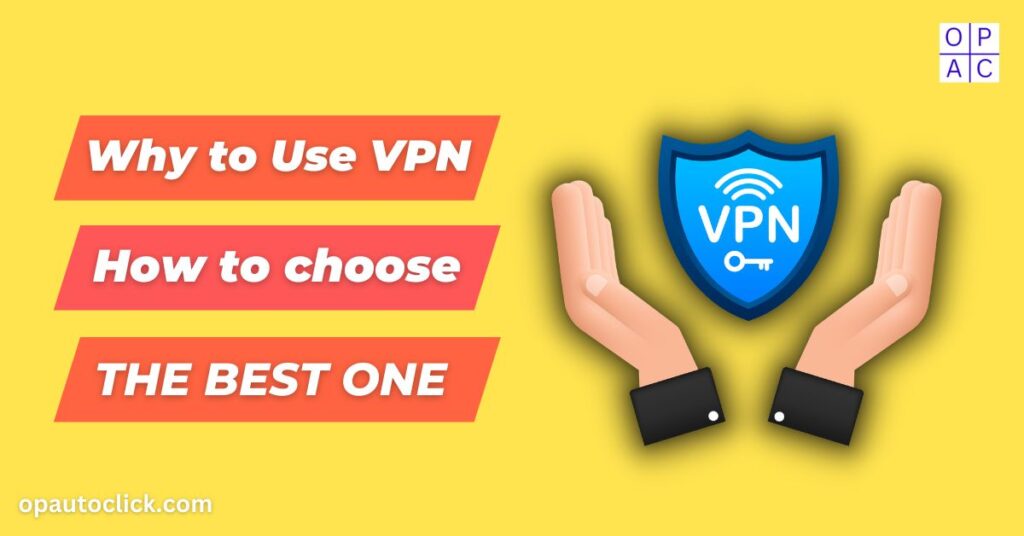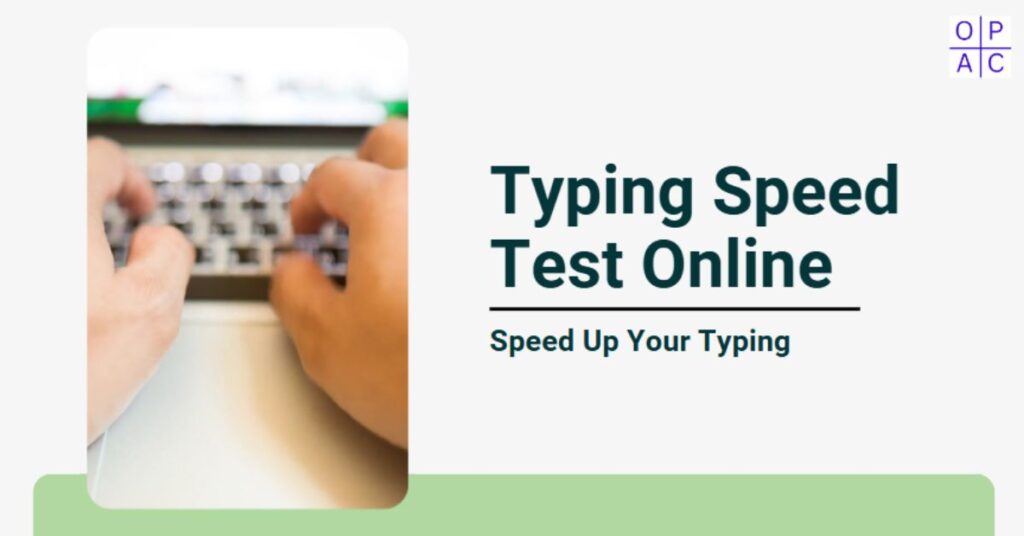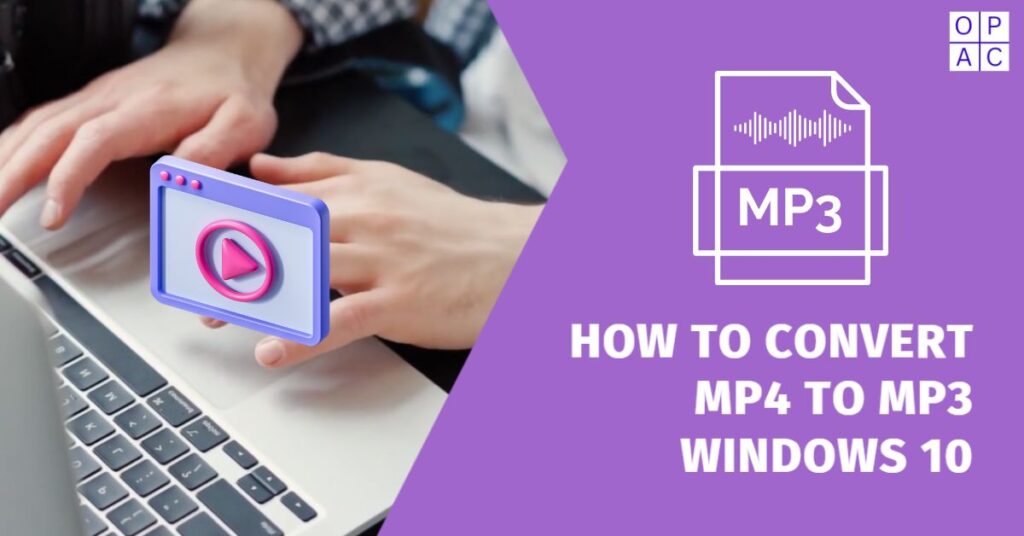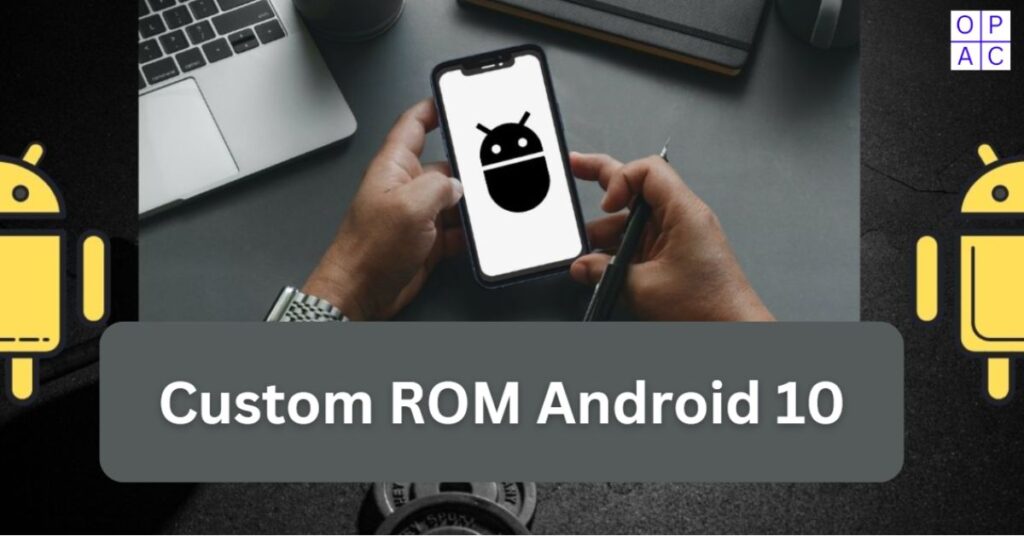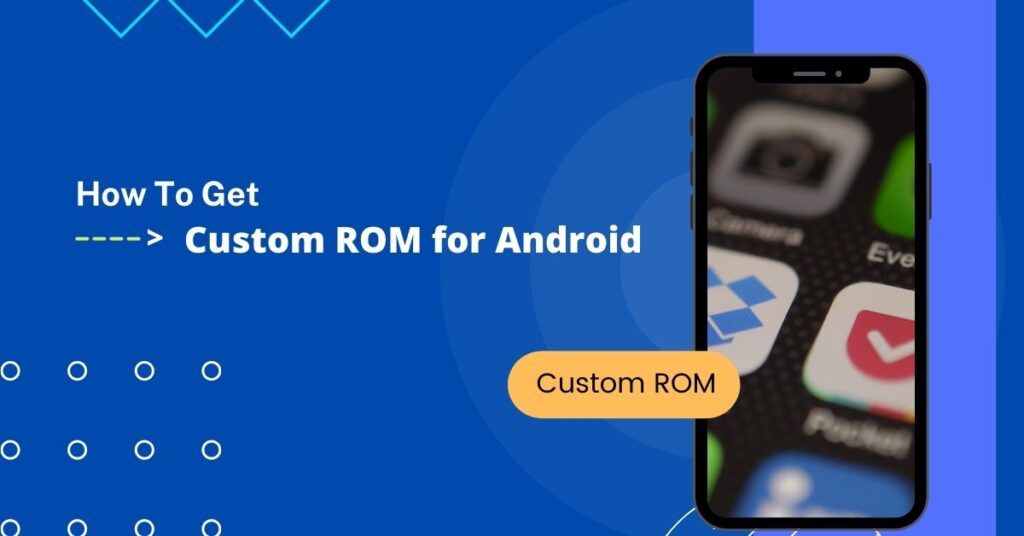Most of the people have heard of VPNs and might be familiar with the basic concept, but many are unaware, even don’t know why to use VPN and full potential a VPN (Virtual Private Network) can offer.
With the continuing threats to online security from cyber criminals, hackers, and malicious software, more and more internet users are turning to VPNs for protection against these dangerous intrusions.
In this blog post, we’ll discuss why to use VPN makes perfect sense and can provide peace of mind when browsing the internet.
What is VPN?
A Virtual Private Network or VPN is a secure connection that allows data to be sent over the public internet while still protected from malicious activities.
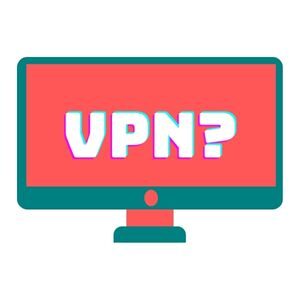
When using a VPN, all data transmitted between your computer and the VPN server is encrypted, ensuring that any third parties attempting to access your information won’t be successful.
How Does a VPN Work?
A Virtual Private Network works by masking your IP address and routing traffic through a secure server in a different country. This means that anyone trying to trace your online activity will be unable to do so, as the traffic source will appear to originate from the other side of the world.
Additionally, the encryption protocols used by most VPNs will ensure that any data sent or received remains private and secure from any potential interception.
10 Reasons Why to Use VPN
1. Security:
A VPN provides an extra layer of security to keep your data safe and secure while using the internet. It encrypts all of the internet traffic sent and received by your device, meaning that no one is able to access or view it without using the correct key.
This encryption makes it hard for hackers, data sniffers, government surveillance, malware, and other malicious actors to spy on or steal your browsing data.
Moreover, a good VPN provider will also have additional security features, such as DNS leak protection and a kill switch that can help further protect you.
2. Anonymity:
A VPN provides anonymity by masking your IP address so it can’t be tracked back to you or your device. This means that websites you visit won’t be able to identify who is visiting them, and any online activities you do remain completely anonymous.
A good VPN provider will also not log any of your activity or connection data, further enhancing this anonymity.
3. Location spoofing:
Using a virtual private network (VPN) allows you to change your online location and make it appear as though you are somewhere else in the world.
This is especially useful for streaming services or websites only available in certain countries, as it can give you access to content that geographic boundaries would otherwise restrict.
4. Bypass censorship:
In some parts of the world, government firewalls or internet service provider restrictions may block access to certain websites or limit the types of content you can view.
With a VPN, however, you can bypass these blocks and restrictions to gain unrestricted access to any website regardless of local censorship policies. This VPN usage can also be useful for bypassing censorship in countries with high levels of internet surveillance.
5. Save money on travel expenses:
A VPN can provide significant savings when it comes to international roaming charges. By using a VPN, you are able to virtually connect to servers located in whatever country you are visiting instead of relying on expensive mobile network providers.
This way, you will be able to access local networks and websites without being tied down to the expensive roaming charges that often come with these services.
6. Stream faster:
When streaming video or audio from services like Netflix or Spotify, having a fast connection is key – otherwise, buffering will become an issue! With a good VPN service, speeds are usually improved due to the optimization of routes and encryption protocols used when transferring data across the internet connection.
This makes streaming faster, so there is less waiting time between loading screens and smooth, uninterrupted viewing/listening pleasure!
7. Protect Wi-Fi connections:
Unsecured public Wi Fi networks leave users vulnerable to Man-in-the-Middle attacks where hackers hijack connections to steal data being sent across the network, such as passwords and credit card information.
Using a secure, encrypted connection provided by a trusted VPN ensures this doesn’t happen, as all of your data is protected from these types of malicious attacks!
8. Share P2P safely & securely:
Peer-to-peer file-sharing applications such as BitTorrent can put users at serious risk if they don’t have adequate protection from legal issues or technical snooping from malicious third parties looking to steal private information like IP addresses.
However, with the help of a quality virtual private network (VPN) service provider this risk is eliminated, and file transfers can be done safely & securely without worry!
9. Improved privacy & security for browsing habits/history:
Having a quality VPN installed not only prevents outside sources from snooping on what websites/pages users visit, but it also keeps trackers away, which collect invaluable data about their online habits & history, something no one wants to share publicly without their knowledge or consent!
10. Enhanced gaming experiences:
Whether playing competitively against other online browser gaming or enjoying console titles with friends, using a virtual private network (VPN) has been known to improve latency times, allowing gamers smoother play with minimal lag spikes often caused by server overloads, etc.
How to Choose the Best VPN?
In order to choose the best VPN service for your needs, you should consider a few key factors:
a) Reliability & Speed:
When searching for a VPN, you should look for one that is reliable and has a wide range of servers located in different countries. This will ensure that when you access or stream content, your connection is consistent and fast, regardless of where you are physically located.
b) Security & Encryption:
The safety of your data should be a top priority when selecting a VPN provider. Make sure the VPN uses strong encryption protocols such as OpenVPN, IKEv2/IPsec, L2TP/IPSec, and WireGuard to securely encrypt your data as it travels across the internet.
c) Bandwidth & Server Network Size:
Opting for a VPN with unlimited bandwidth and a large server network allows you to switch between different locations quickly and easily while also providing high speeds. It prevents any issues or slowdowns which can interfere with your user experience.
d) Platform Compatibility:
Before settling on the right VPN for you, make sure it is compatible with the platform you’ll be using it on, such as Windows, MacOS, iOS, Android, etc. Having compatibility guarantees that all features are supported and accessible from the platform specified.
Additionally, if more than one device needs protection, then double-check that the chosen VPN supports multiple simultaneous connections so that each device is adequately protected.
e) Pricing:
You should consider the cost of the VPN service. Some services may offer discounts or free trials, so look out for these before you commit to a purchase. You should also look into what features the service offers and compare it to other VPN providers so that you get the best value for your money.
f) Customer Service:
It is important to ensure that the VPN provider has a good customer service department in case you ever have any technical or billing questions. Look for a provider that has 24/7 customer service via phone, email, or live chat so you can get help as soon as possible.
g) Additional Features:
Finally, check to see what additional features the VPN provider offers above and beyond the basic security and privacy settings. Some providers offer extra features such as a kill switch, split tunneling, double hop encryption, flash protection & ad/tracker blocking. These options can be useful for users who want even more control over their online experience.
Choosing the right VPN is an important decision that can make all the difference when it comes to online security and privacy. Make sure you consider all of the above factors when selecting a provider, so you can enjoy a safe and secure online experience.
Final Thoughts
A Virtual Private Network (VPN) is a great tool to use in order to protect your online activity from third-party interference, increase your privacy and security, and access content from any location. With the right provider, you’ll be able to enjoy fast speeds and optimal streaming performance while also feeling confident that your data is safe and secure. Be sure to consider the factors listed in this article when selecting your VPN service in order to get the best experience possible. Good luck and happy surfing!
Frequently Asked Questions
VPN services create a secure tunnel between your device and the internet, encrypting all of your data as it travels. This ensures that your online activity, including browsing data and web traffic, is safe from third-party interference. VPNs also hide your IP address from websites and services, preventing them from tracking your activity or data.
Yes, it is important to have a VPN in order to protect your data from internet service providers and other third-party interference, access content from any location, and ensure that your connection is secure. Additionally, a VPN can help improve internet speed by routing traffic through its own servers and bypassing congestion on the provider’s network.
Yes, most VPN services support simultaneous connections and can protect up to five devices at once. This means that each device connected to the VPN will be protected and can access content from any location. However, some services may limit the number of devices that can be connected at once, so check with the provider before signing up.
Using a VPN can be beneficial for most users, as it provides enhanced security and privacy online. However, there are some risks associated with using a VPN, such as data leaks or slow speeds due to server congestion. It is important to research the provider before signing up and ensure that all of its features are trustworthy and secure.
Additionally, make sure to read the terms and conditions of the service and double-check that your data will not be shared with any third parties.
Overall, using a VPN is generally safe as long as you are careful to select a reputable provider. With the right VPN, you’ll be able to enjoy enhanced security and privacy without compromising your internet experience.
No, a good VPN should not significantly slow down your internet connection. Many VPN services offer features such as server optimization and traffic routing that can actually improve your overall speeds. However, if you are using a free VPN service, you may experience slower speeds due to congested servers and limited bandwidth. If possible, it is best to use a premium VPN that offers reliable connections and optimal performance.
Some VPN services are free, while others require a monthly or annual subscription. It is important to research the provider and read reviews in order to determine if the service is reputable and offers the features you need. Generally, free services are limited in terms of features and performance, so a premium VPN may be worth the investment if you need reliable speeds and robust security.
It is not recommended to use a free VPN, as most of these services have limited features and do not provide the same level of security and privacy as paid providers. Free VPNs may also contain malicious code or inject ads into your web pages, resulting in additional vulnerabilities.
It is important to research the provider before signing up and make sure that their features are trustworthy and secure. Premium VPNs provide more reliable connections, better performance, and improved privacy. When selecting a VPN service, be sure to consider the factors listed in this article in order to get the best experience possible.
Share

